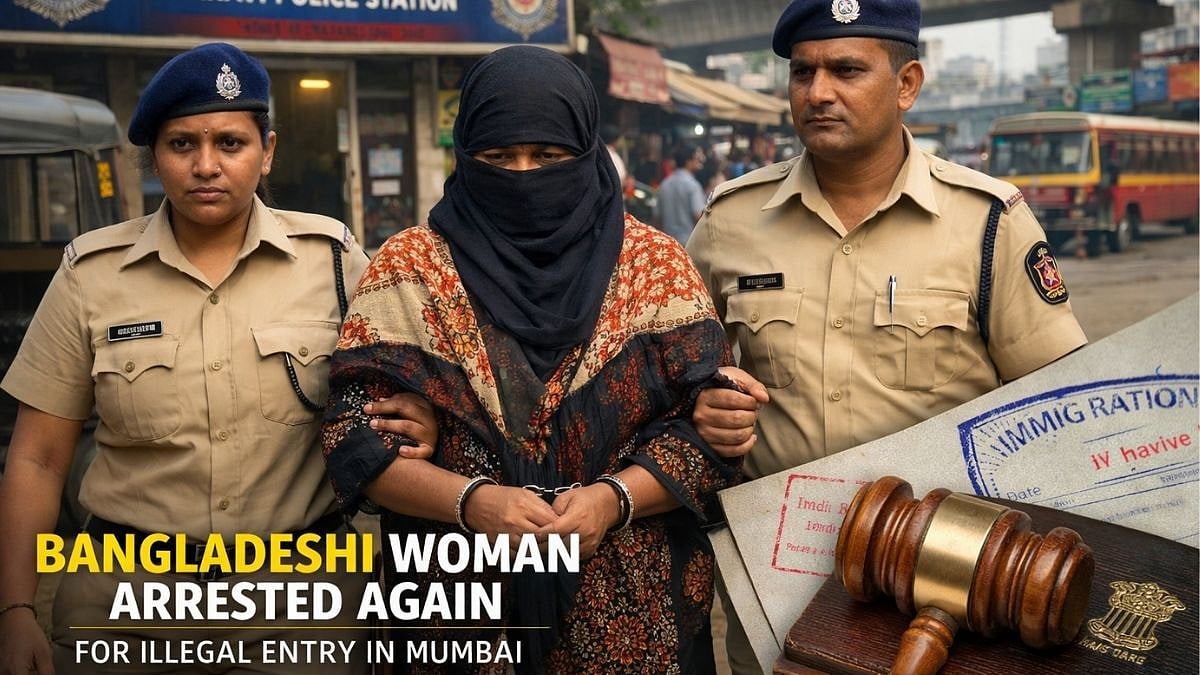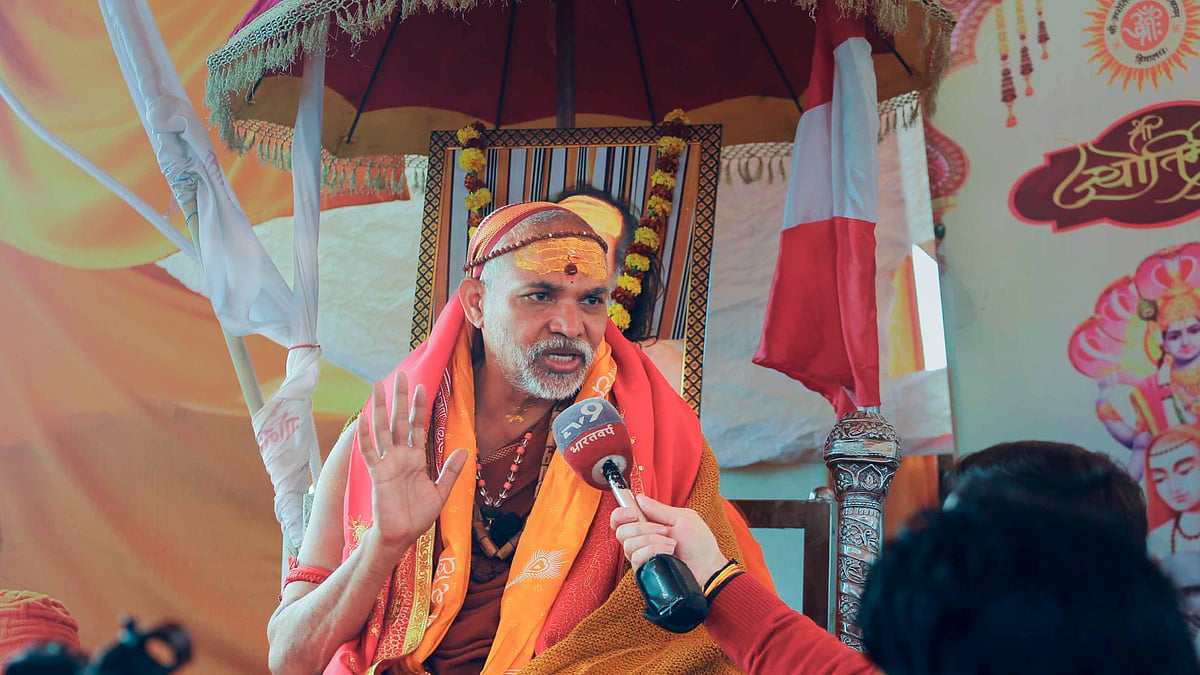There’s an ill-wind blowing through the corridors of the ministry of commerce lately. The first indications of the nature of troubled winds were evident three months ago (https://www.moneycontrol.com/news/business/economy/how-bureaucrats-got-conned-into-short-selling-indian-interests-to-new-zealands-milk-industry-4334911.html) when officials of the ministry of commerce actually agreed to consider allowing New Zealand to export milk products to India. It now appears that this ill-wind could become a terrible tempest.
Now it looks like the RCEP discomfort could spread. Recently, the Gems & Jewellery Export Promotion Council also warned the government about the need to keep gold away from RCEP discussions (https://www.freepressjournal.in/business/keep-gold-and-silver-finished-products-out-of-rcep-report). The danger, it pointed out, could result in an inverted duty structure, where domestic manufacturers would have to pay a higher tax (thanks to GST) than imports under the RCEP. That could destroy the trade altogether.
Three months ago, there was a hue and cry from the milk industry. RS Sodhi of GCMMF (Gujarat Cooperative Milk Marketing Federation which sells milk and other dairy products under the Amul brand) rushed to meet the minister of commerce, Piyush Goyal, and made a presentation to him on how such a move could be disastrous for the milk industry (http://www.asiaconverge.com/wp-content/uploads/2019/08/2019-07-22_GCMMF-Presentation-to-Minister-and-Additional-Secretary-Commerce-Ministry-Mumbai-22nd-July-2019.pdf). The Swadeshi Jagran Manch (https://swadeshionline.in/) which tries to protect interests related to India’s self-reliance also took up cudgels.
Just last week-almost as if to give the decision of the ministry greater authority-Prime minister Modi himself decided to sit at the head of such meetings. He wanted to know of the ramifications of what the ministry of commerce wanted to push through at the next round of discussions over the RCEP (Regional Comprehensive Economic Partnership) to be held in Bangkok.
Then the worst fears began to come true. In a very carefully worded document (https://www.financialexpress.com/economy/rcep-talks-india-for-safeguard-tools-to-keep-out-damaging-imports/1730116/), the government explained that it would seek to get ratification for an “auto-trigger” mechanism which can be invoked within 15 days of imports, and a “snapback” mechanism which can be invoked upto eight years after tariff reductions under the RCEP framework are complete.
Sadly, even though the proposals seem to give power to India’s commerce ministry, everyone in the dairy industry knows that even a week is enough to flood the country with dairy products that could cripple it. Even a 5% limit of New Zealand’s dairy exports could ravage the dairy industry in India (http://www.asiaconverge.com/
2019/08/indian-bureaucrats-forgot-to-protect-indian-milk-from-imports/). Even if non-milk dairy products were imported, it could wreck the carefully structured Indian dairy sector.
They recall how the NDDB under the chairmanship of Amrita Patel (she is no longer in this position) had unwisely recommended in February 2011, duty-free import of just 50,000 tonnes of skimmed milk powder (SMP). NDDB was also allowed to import duty-free 15,000 tonnes of butter oil (http://www.dnaindia.com/money/report-milkmen-in-north-cry-mother-dairy-laughs-all-the-way-to-bank-1667390).
The result was a crash in milk prices which caused farmers in Uttar Pradesh to go out into the streets and pour their milk on roadways to voice their protest and anger. Dairy observers say that such a rampage and revolt could be in the offing this time as well.
In fact, almost indicating this fear, even the Union minister for agriculture, Narendra Singh Tomar, (https://www.thehindu.com/news/national/protect-farmers-interests-in-rcep-pact-tomar-tells-piyush-goyal/article29620776.ece) stressed, “We have given our inputs to the Commerce Ministry. We have communicated that farmers’ interest is our priority and that must be kept in mind,” He reiterated that farmers should not suffer losses due to the RCEP pact.
NDDB’s chairman, Dilip Rath, was more forthright. He stated, “I am of the view that dairy sector must be excluded from the purview of RCEP.” He too-like Sodhi did three months ago-pointed out that “Indian dairy system is characterised by ‘production by masses’ and not ‘mass production’ wherein about 63 million households, primarily small and marginal, are associated with dairying. Landless and marginal farmers earn about 25% of total household income from dairying.” Obviously, any adverse impact on this sector could have far-reaching consequences.
If that were not enough, even the RSS supremo, Mohan Bhagwat warned the government against going against the interest of farmers (https://www.hindustantimes.com/india-news/rss-affiliate-ups-pressure-on-govt-over-trade-plan/story-GJPxNs21er6CGcQE3mfX4J.html_).
Clearly, all eyes will be on the discussions in Bangkok next week. It is then that farmers will decide whether the government’s talk of make-in-India was only for the galleries, or whether it espouses such a cause.
Tune in for more developments from Bangkok.
The writer is consulting editor with FPJ.




